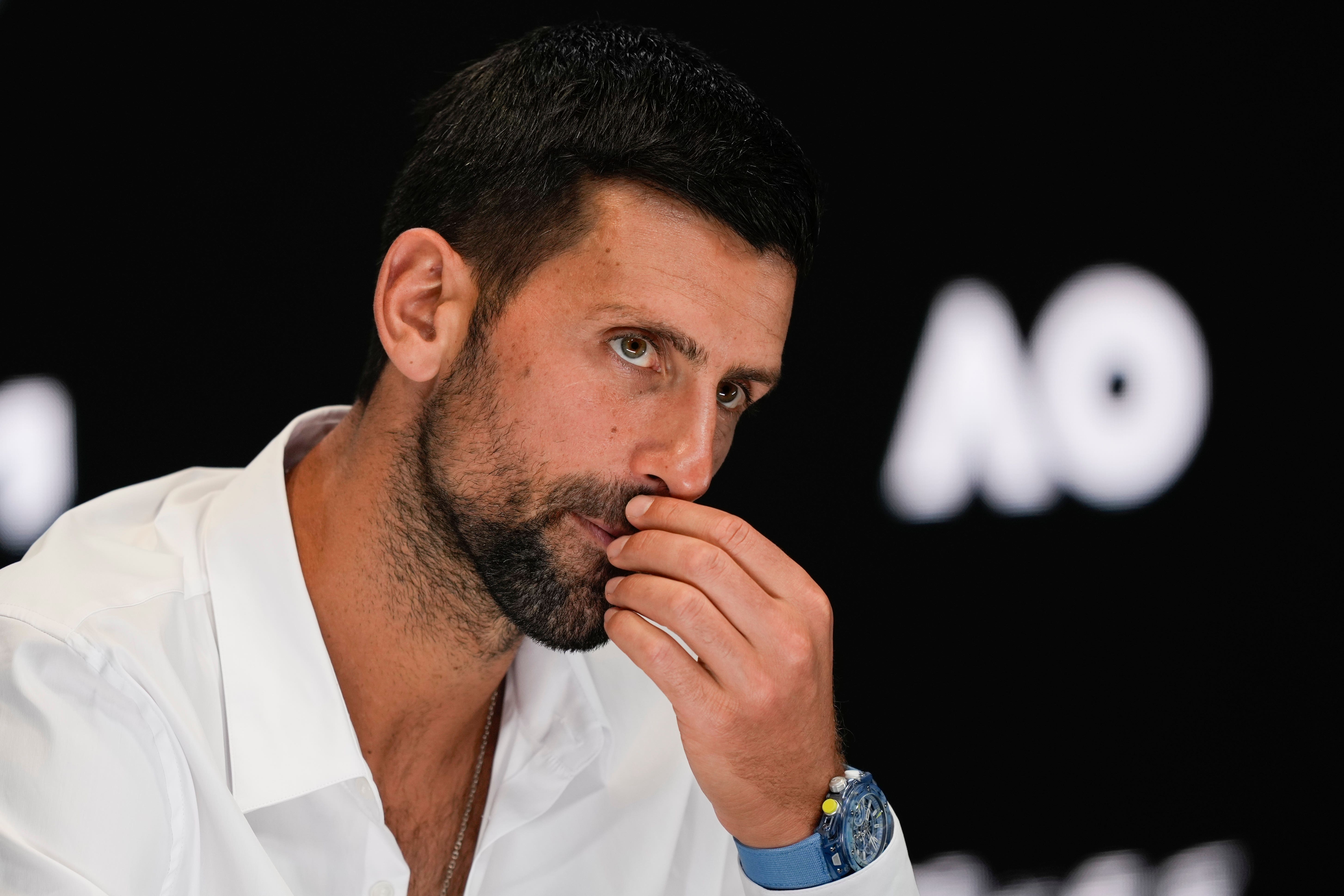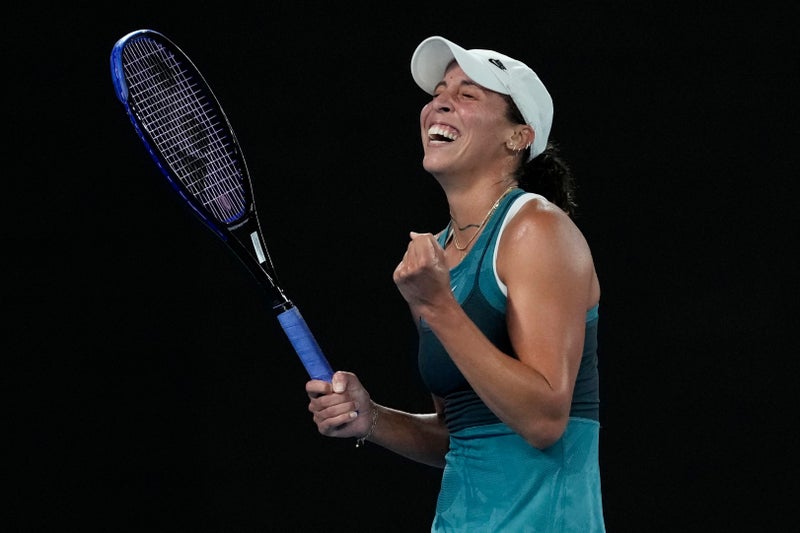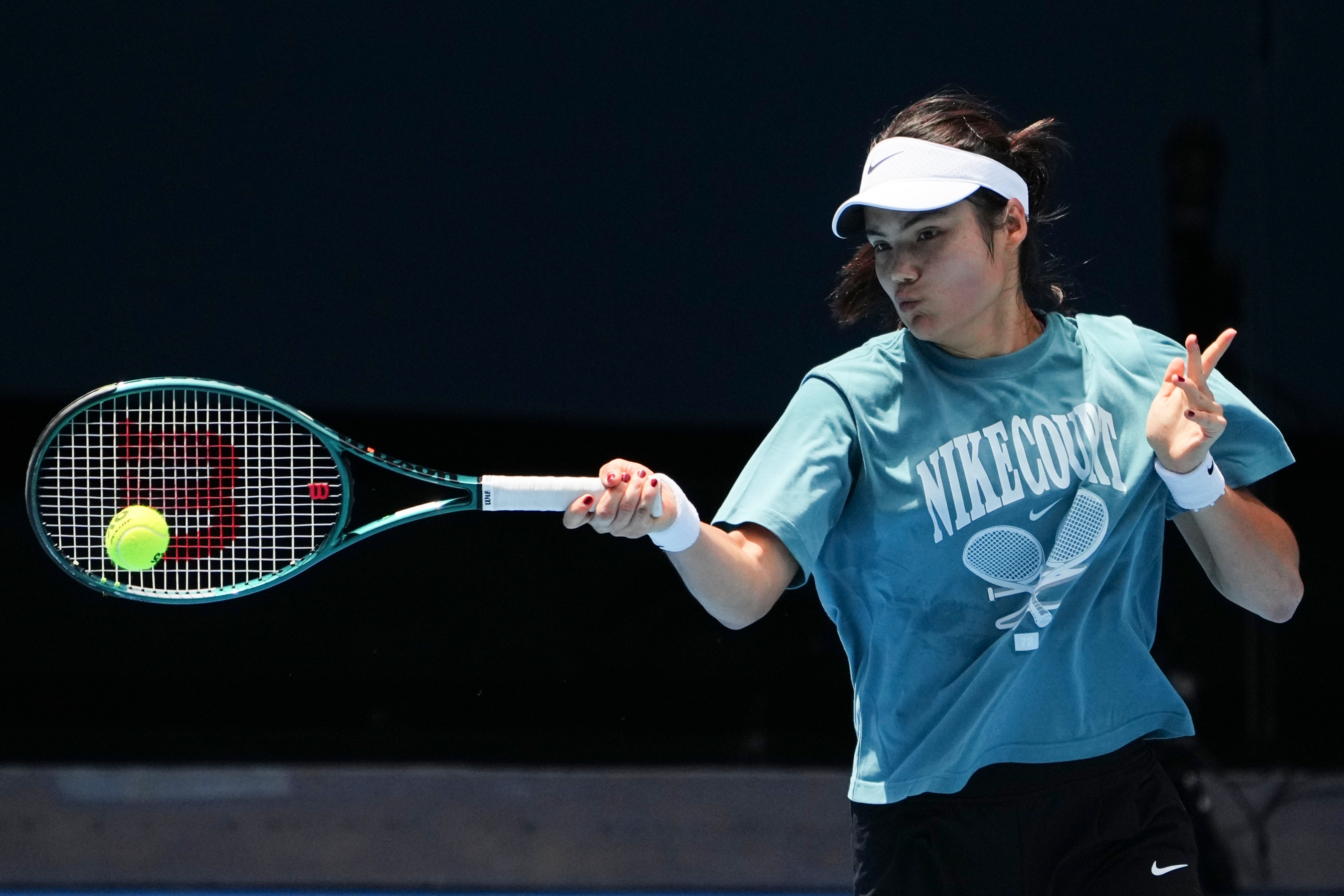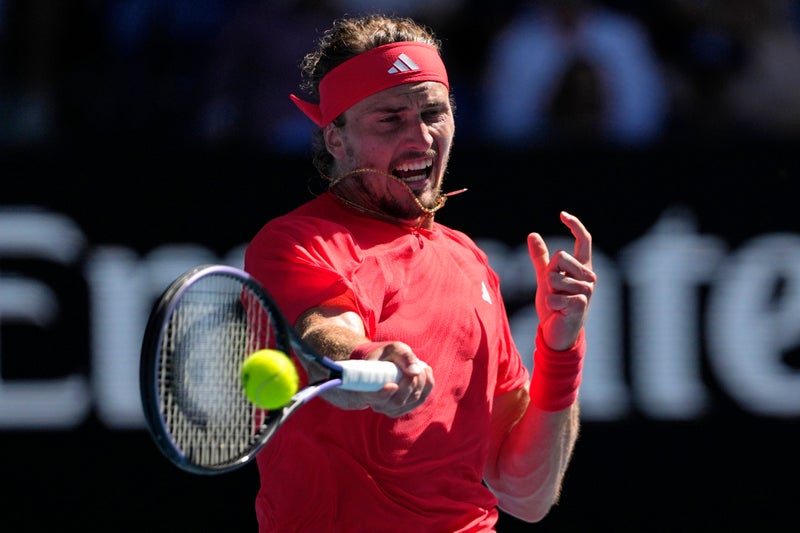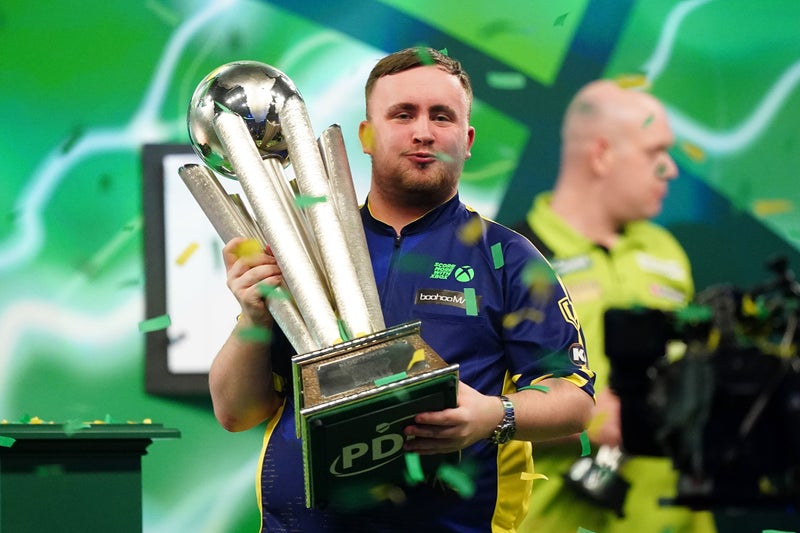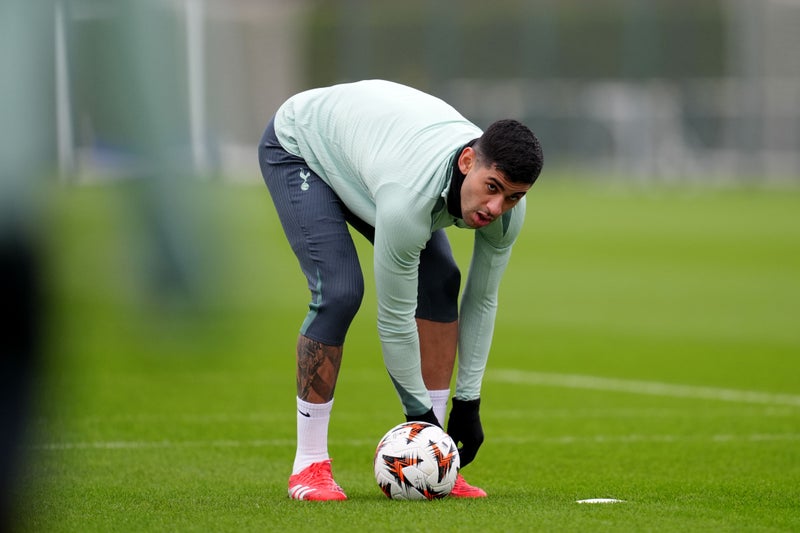Why Arsenal v Man City is the Premier League’s most bitter rivalry
Why Arsenal v Man City is the Premier League’s most bitter rivalry
Share:
Amid ownership rivalries off the pitch and fading trophy ambitions on it, Arsenal and Manchester City clash again at the Emirates Stadium on Sunday. If the Arsenal and Manchester City squads are readying themselves for “war” on Sunday, the mood isn’t that different off the pitch. There are few polite niceties there. This is probably the club relationship with the deepest animosity in the Premier League, and even worse than some notorious rivalries from the past.
![[John Stones’ dramatic late equaliser saved City earlier in the season]](https://static.independent.co.uk/2024/09/25/08/2173759157.jpg)
September’s 2-2 draw had more fallout than any other match this season so far, and that’s despite this campaign’s many refereeing controversies. One official at a rival club even marvelled at how the fallout had gone into “day six”. That 2-2 had opprobrium about referees and much more, including a farrago over footage of Arsenal executive vice-chairman Tim Lewis leaving his seat without shaking hands with City counterparts. There was some irritation about that in north London, especially since they feel City’s senior figures don’t always welcome them.
![[Emmanuel Adebayor’s infamous celebration in front of Arsenal fans in 2009]](https://static.independent.co.uk/2021/10/25/16/2743ba6a7f0d2e50135fec57f182ee01Y29udGVudHNlYXJjaGFwaSwxNjM1MjYwNTIy-2.7800274.jpg)
The champions meanwhile see Arsenal as one of the clubs most actively in opposition to their ownership. Crucially, some of this has filtered down to the dressing rooms. Antipathy is so strong that, when details came out about City Football Group pursuing Arsenal target Sverre Halseth Nypan through its Spanish club, Girona, some around the Emirates suspected it was just to drive up their price. Girona’s interest was nevertheless genuine.
![[Arsenal want a striker to sharpen their attacking options]](https://static.independent.co.uk/2025/01/22/15/37/GettyImages-2193668485.jpeg)
As petty as some of that sounds, recruitment forms a central theme ahead of this match, fittingly coming just before deadline day. That’s both in terms of where the teams are and what recruitment represents. It should be stressed that key figures at Arsenal, including Lewis, outright believe that states or state-linked figures shouldn’t own football clubs, as is the case with Abu Dhabi’s Sheikh Mansour. Others in the game fairly say the same should apply to billionaires like Stan Kroenke. There is nevertheless another dimension to that, given how people in the Premier League see Arsenal as essentially leading a group of American ownerships in pushing the stance that sporting competition can’t work properly if it includes state-linked ownership. The argument is that you are ultimately dealing with a greater level of power, which is almost impossible to regulate.
Sources close to the top of the Premier League say that this is a split that has become increasingly apparent over the last two years, amid wider developments in global football and the announcement of the Premier League charges against City in 2023. This is in some ways the future of football: the US against the Gulf. Such dynamics give City more ground for complaints that other clubs target them, even if it isn’t “a cartel”. The Premier League was duty-bound to investigate the 2018 Football Leaks that precipitated these charges. What is perhaps more relevant is how some clubs would push for the strongest possible punishment if guilt is proven. Or, as Pep Guardiola put it, for City to be “wiped off the face of the Earth”. The champions are meanwhile part of their own voting bloc, which includes Newcastle United, Aston Villa and Nottingham Forest.
This runs deeper. People at Arsenal still talk bitterly about how their club was the first big victim of “the sportswashing era”. Arsene Wenger coined “financial doping” amid a period where City signed a series of Arsenal’s best players. Some players on Sunday would gladly emulate Emmanuel Adebayor’s notorious celebration from September 2009, especially after the bad blood of the 2-2 earlier this season. Those at the Etihad meanwhile talk of how they were instantly made to feel like outsiders at Uefa meetings after the 2008 takeovers.
Even the arguments about state-linked ownership, however, ultimately settle on clubs’ ability to compete – which comes back to the market. City figures would willingly point to how much Arsenal have spent on transfer fees, such as their signing of Declan Rice. Those at Highbury state their wage bill is still much lower. For the 2023-24 season, where Mikel Arteta’s team lost the league by two points, his squad’s wage bill was around £318m compared to City’s £400m.
There also remains resentment about Arteta’s move from City to Arsenal in December 2019. The Etihad hierarchy have never been happy with how that process went. Arsenal subsequently found extreme resistance to Arteta’s attempt to bring over two staff members, including set-piece specialist Nicolas Jover. That same staff, meanwhile, have long noted how Guardiola and his team don’t quite “pat them on the head” like they used to.
All this further fires the emotion around the game, as well as – crucially – the different positions of the clubs. One of the reasons there has been such frustration at Arsenal is because there had been such focus on finally besting City. It even influenced recruitment decisions, like having a more robust midfield. Instead, a series of factors have combined to ensure Arteta’s team are off where they were last season, but in a campaign where City have fallen off. That has created this angst, as Arsenal are aware they will be criticised if Liverpool effectively leapfrog them to the title.

















